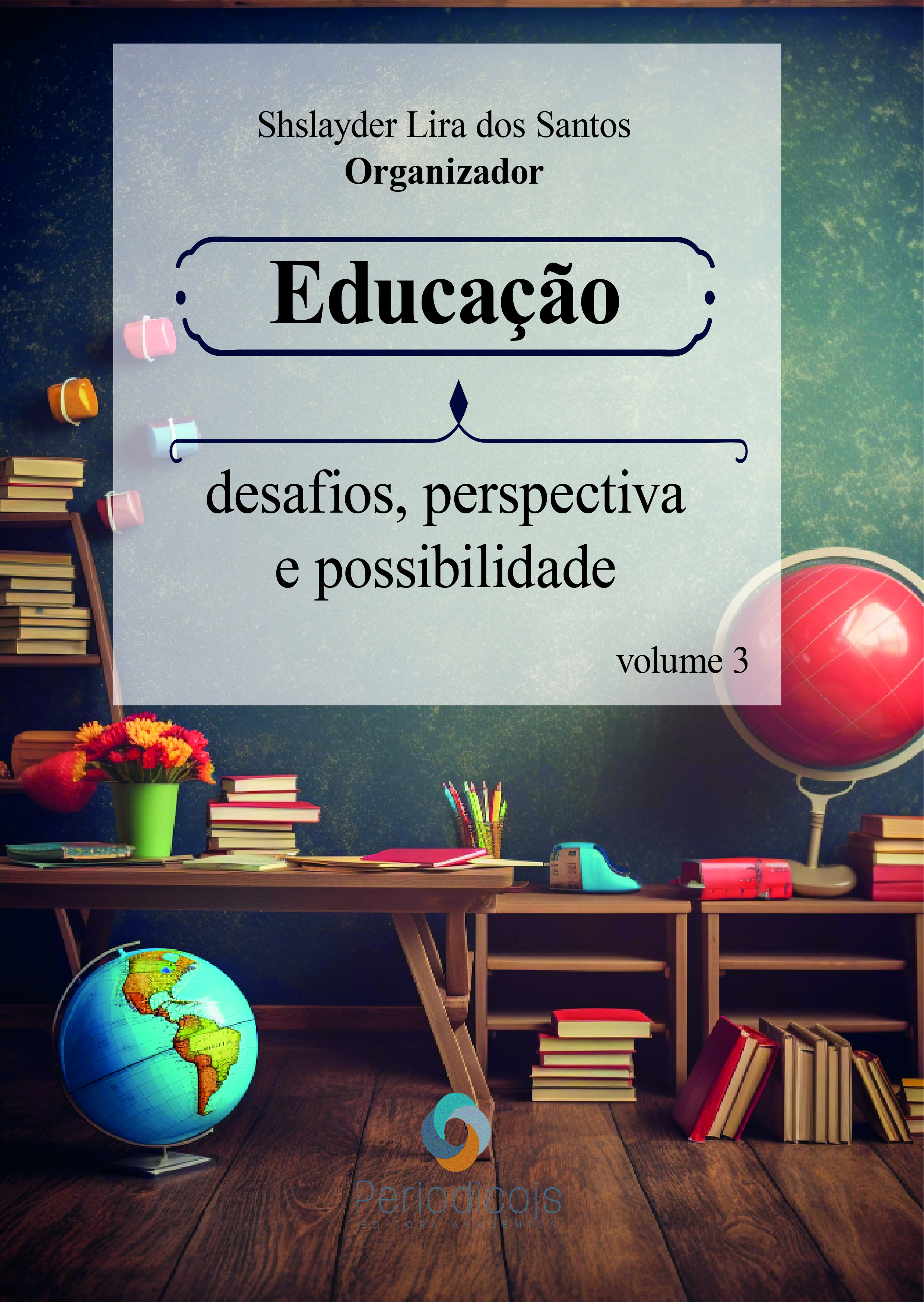Abstract
This study was constructed mainly based on reports from two teachers from different areas of a municipal education network in the city of Bernardino Batista-PB, more precisely from an elementary school – final years, composed of students from urban and rural areas. The objective of this study is to show the main challenges faced by teachers during this pandemic period and also the main learning acquired by them in the face of this sudden situation, as well as identifying the positive and negative points provided through the use of communication technologies aimed at education. The use of technologies in education during social isolation was essential, but we want to know: how did it happen and what positive and negative factors did it bring to students and teachers? To develop this study, we used data collection through a structured interview and applied separately to each of these two teachers and later cross-referenced the data collected for the construction of this work, where the questions in this interview always focused on the pandemic period. where social isolation occurred. At certain moments in the reports, we will see that the teachers make very pertinent revelations so that we can truly understand picturesque situations that only those who have experienced them know. At the end of this study, we will see that after overcoming the period of social isolation we learned that technologies, despite causing countless mental health problems in everyone involved in education, should still not be considered villains but very important allies in this process, simply by just know how to use them.
References
BRASIL. Ministério da Educação. Base Nacional Comum Curricular. Brasília: MEC, 2018.
MORAN, José Manuel C. Gestão Inovadora com Tecnologias. In: VIEIRA, Alexandre Thomaz, ALMEIDA, Maria Elizabeth Bianconcini de, ALONSO, Myrtes. (Org.). Gestão Educacional e Tecnologia. São Paulo: Avercamp, 2003.
OLIVEIRA, Elda Damasio. TECNOLOGIA E EDUCAÇÃO. Anais do XI Encontro de Pesquisadores do Programa de Pós-Graduação em Educação: Currículo. São Paulo – SP, Set. 2013, p. 1-11.
ORGANIZAÇÃO DAS NAÇÕES UNIDAS PARA A EDUCAÇÃO, A CIÊNCIA E A CULTURA. Padrões de competência em TIC para professores: módulos de padrão de competências. Paris: Unesco, 2008. Disponível em: https://unesdoc.unesco.org/ark:/48223/pf0000384818_por/PDF/384818por.pdf.multi. Acesso em: 04 jun. 2024.





